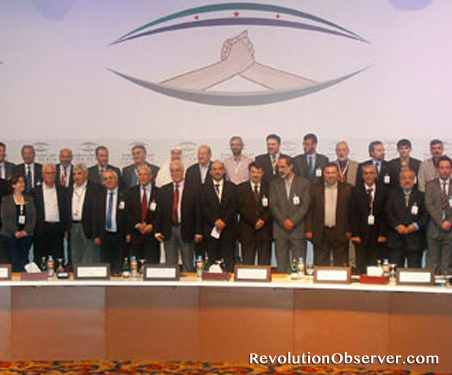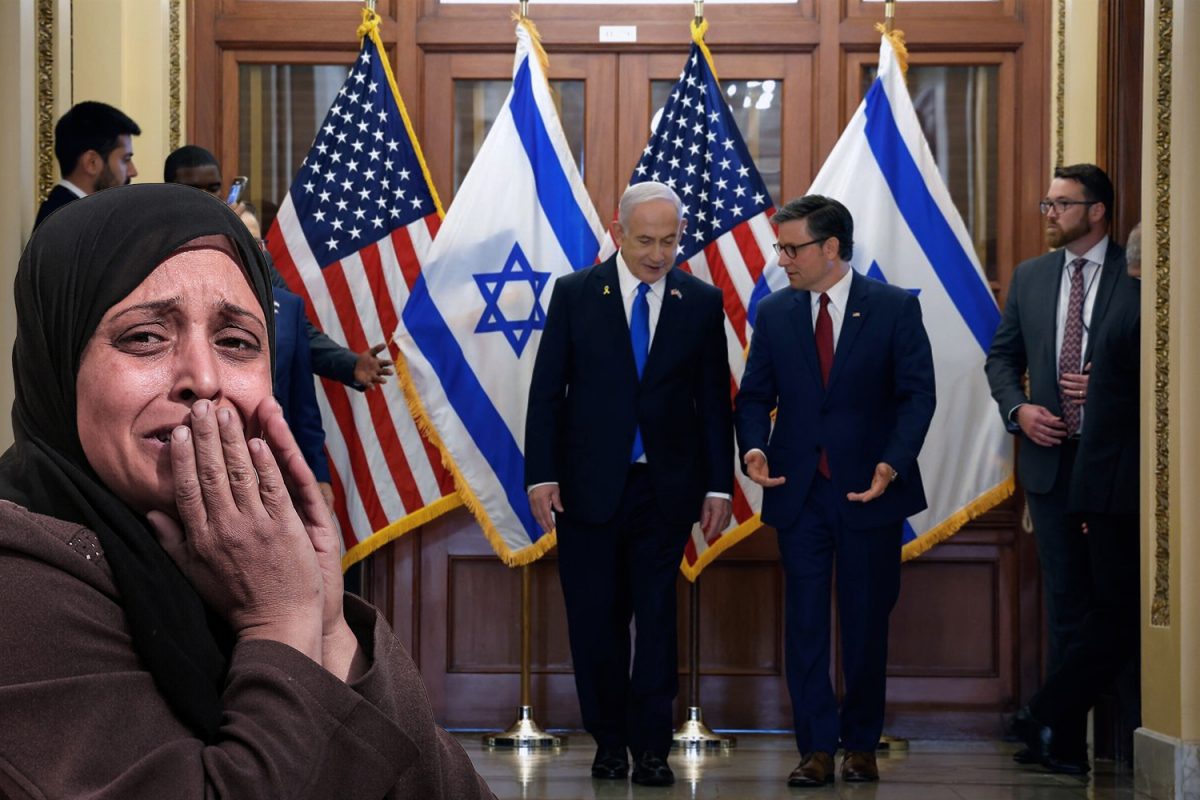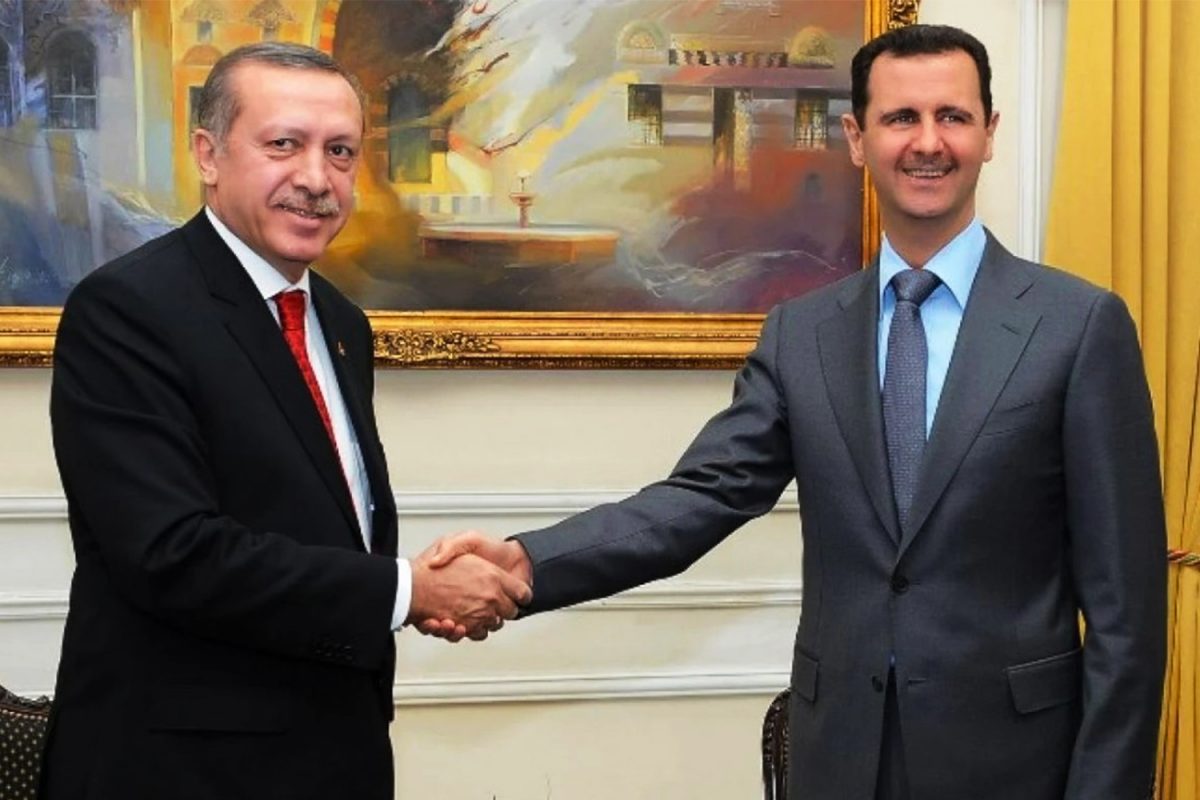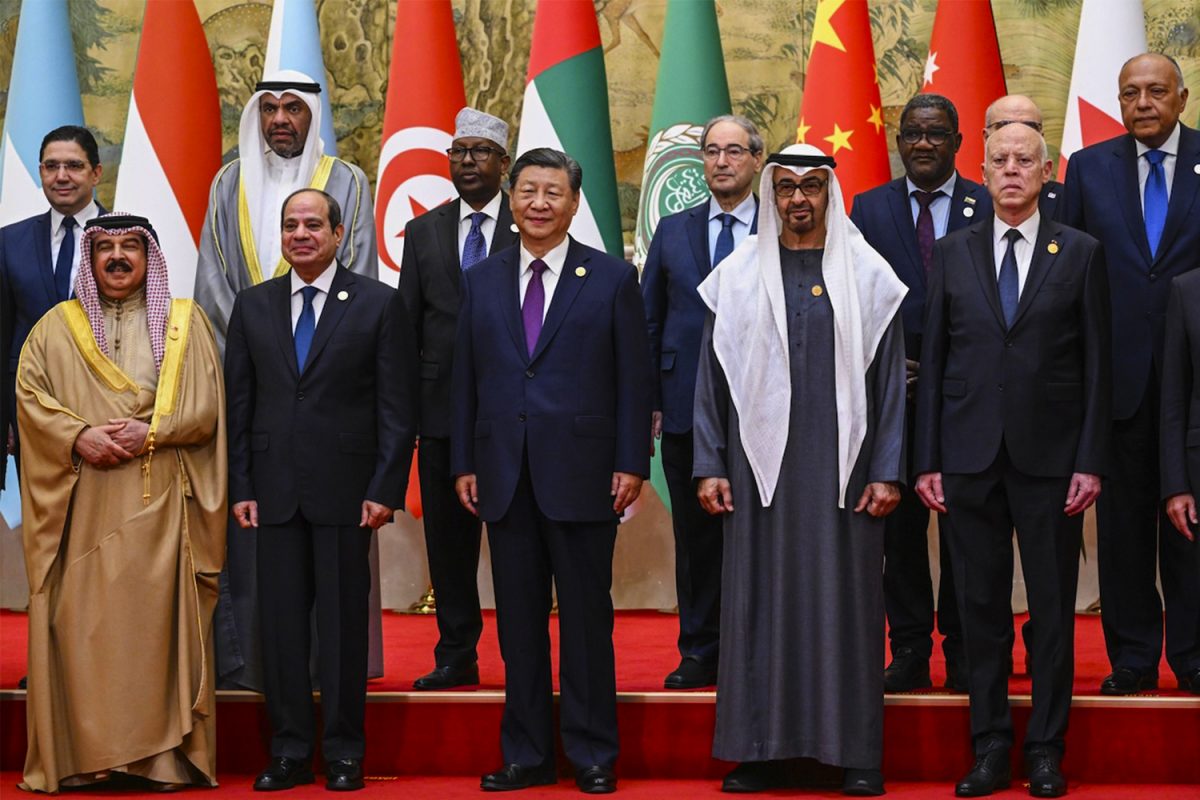By Abu Anas
Both the Europeans and the US were behind pushing for the formation of this coalition. The Western powers, like any country within the global political arena, have interests that match and others that conflict, therefore, they are in a constant state of cooperation and competition. The US and Europe are in full agreement that Islamic-leaning factions within the Syrian opposition should not be allowed to have a significant role in a post-Assad Syria. The New York Times has reported that the “hope among Western countries” for this new coalition is “to give an important counter-voice to the well-armed jihadist [FSA] commanders.“[3] Nonetheless, Europe and the US are in a race for who would have more control over Syria after the revolution.
Britain’s effort to overshadow the US-backed SNC via the help of Qatar is primarily to influence the rebels inside Syria. Britain, recognizing that it still needed US cooperation to be able to get rid of al-Assad, was content with a joined venture that would result in a US-British sharing of powers in a future Syria. Prime Minister David Cameron was trying to “look at ways to bring America on board with a more direct strategy towards Syria.“[4] Due to the failure of the SNC, the US was forced to go along with the British plan. Secretary Clinton ensured the continued role of the SNC by stating that “we’ve made it clear that the S.N.C. can no longer be viewed as the visible leader of the opposition.“[5] To increase its influence in the negotiations, US backed the SNC’s demand for at least a third of the 60 seats of the new coalition instead of the proposed 15 or else threatened not to participate.[6]
The biggest obstacle to the Western powers in Syria is the Islamic sentiments rising within the public and rebels inside the country, which was the reason behind the failure of the secular-based SNC. Mr Cameron stated that through this new coalition “there is an opportunity for Britain, for America … and like-minded allies to come together and try to help shape the opposition.“[7] It can clearly be seen that the four main leaders, the president and his two deputies in addition to the new head of the SNC are all known opposition figures that were persecuted by the Assad regime, which gives them credibility within the Syrian public. Even clearer, is the choice of having an imam leading the council, which is appealing to the Islamic sentiment within the revolution. The final notable point in the formation of the coalition is that it includes a seat for a representative from the military councils of each province inside Syria.[3]
The role for this newly created and well crafted coalition is to create a Benghazi like liberated area in northern Syria and establish an interim government there. That necessitates the control over the FSA factions within that area and all other Syrian provinces. This would be the cost of international recognition as stated by Secretary Clinton, “Once it receives international recognition, the coalition is supposed to establish a temporary government.“[3] An opposition figure at the Doha meeting revealed that “he planned to establish an interim government inside the ‘liberated’ parts of northern Syria.”[4] In addition to that, the Europeans believe “that any success should be rewarded with a bolder approach by the West on providing arms.“[8]
Whether the weapons promise is real or just to entice the rebels to comply with the leadership of the new coalition, the real aim is to get the interim government to sit down with the regime and reach a political agreement. Jim Muir of the BBC states that “what they [Western diplomats] have in mind is to force Mr Assad and his top 10 or so associates to leave [Syria]. The opposition would then be expected to negotiate a peaceful transition with what was left of the regime, whether or not they were deemed to have ‘blood on their hands.‘”[1] What the Western powers are interested in is to retain their hegemony over Syria through this new coalition, which they have shaped to be acceptable to the rebels and the public inside Syria.
[1] http://www.bbc.co.uk/news/world-middle-east-20295857
[2] http://www.reuters.com/article/2012/11/11/us-syria-crisis-doha-idUSBRE8AA0H320121111
[3] http://www.nytimes.com/2012/11/12/world/middleeast/syrian-opposition-groups-sign-unity-deal.html
[4] http://www.telegraph.co.uk/news/worldnews/middleeast/syria/9659247/Britain-to-organise-armed-Syrian-rebels-into-efficient-fighting-force.html
[5] http://www.nytimes.com/2012/11/01/world/middleeast/syrian-air-raids-increase-as-battle-for-strategic-areas-intensifies-rebels-say.html
[6] http://www.washingtonpost.com/world/middle_east/syrian-opposition-groups-strike-reorganization-deal/2012/11/11/eb8c52de-2c1e-11e2-a99d-5c4203af7b7a_story_1.html
[7] http://www.telegraph.co.uk/news/worldnews/middleeast/syria/9661243/David-Cameron-vows-to-work-with-Barack-Obama-over-Syria.html
[8] http://www.telegraph.co.uk/news/worldnews/middleeast/syria/9669129/David-Cameron-surprises-allies-with-suggestion-of-arming-Syrian-rebels.html





